COVID-19 means online teaching - how do you make the transition?
By Joe Sullivan External Communications Coordinator
A recent Alumni discusses the challenges and rewards of distance learning
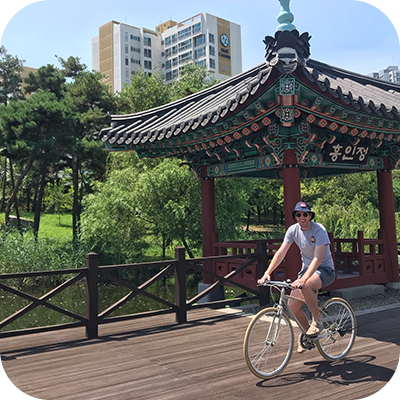
Meet Andrew Ham a recent graduate from the Faculty of Education who is teaching kindergarten at an International school in Incheon, Korea.
Korea’s government shut down all its public schoolsand almost all independent and International schools followed suit as the COVID-19 outbreak hit. During this time, International teachers were given the option of returning to their home countries, and Andrew decided to fly back to Australia.
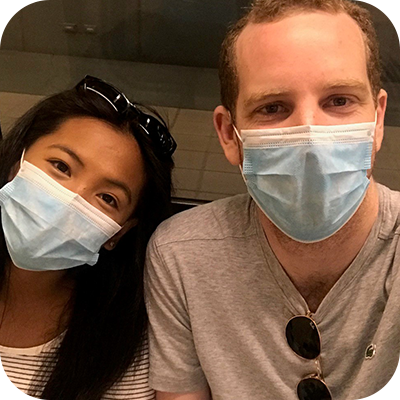
But the teaching and learning didn’t stop. Andrew was forced to transform and tailor his teaching into the online space. Needless to say, it was a monumental shift in his approach given it is normally a very hands-on job.
Upon returning to Australia to continue his teaching, some of the changes he noticed were:
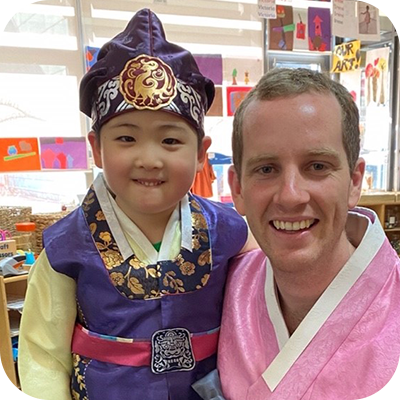
Andrew says the new challenges forced him to approach some aspects of his teaching differently. Here are his top tips for teachers who are now dealing with teaching their students online.
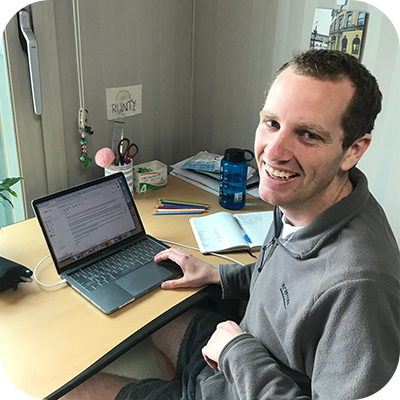
Andrew says: “For two weeks I taught students in Korea from my parents farm in rural New South Wales. Through my afternoon messages, the students ‘visited’ the farm. They saw the landscape and they ‘met’ the farm dogs and saw more of my rural Australian life than I could ever share in our classroom.
I also conducted meetings with students in other terrains – for example, the courtyard of a thousand-year-old Korean building and the mountainside of former Winter Olympic venues. We would have never made these connections without distance learning and it has broadened our horizons, enabling a stronger relationship between my students and myself.”
Andrew says: “I’ve found that by making a daily plan and working to that plan helpful during my online teaching hours. This is something I encourage our kindergarten students to do and I’ve found it greatly benefits my teaching.
Not only do I get my work done but I also make sure I’m getting (safely) out of the house, spending time with friends and doing hobbies, considering my health and fitness. Sticking to a plan enhances my overall wellbeing and maintains a distance between work and recreation.”
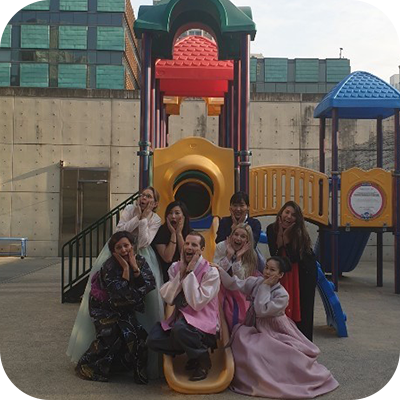
Andrew says: “This tip comes from a friend- ‘You don’t need to feel stressed to feel as though you’re doing enough’. The absence of the school room and the very alive students might make you feel what you’re doing isn’t adequate, but you can still communicate and run valuable lessons.
It can be difficult to balance work with personal life in the same space but there is an end to our workday and hence, no need to check emails ‘after hours.’ So, remember to turn the notifications off and take time for yourself...without feeling guilty.”
Schools in Korea have now recalled their teachers and Andrew has returned ready to resume teaching his students face-to-face.